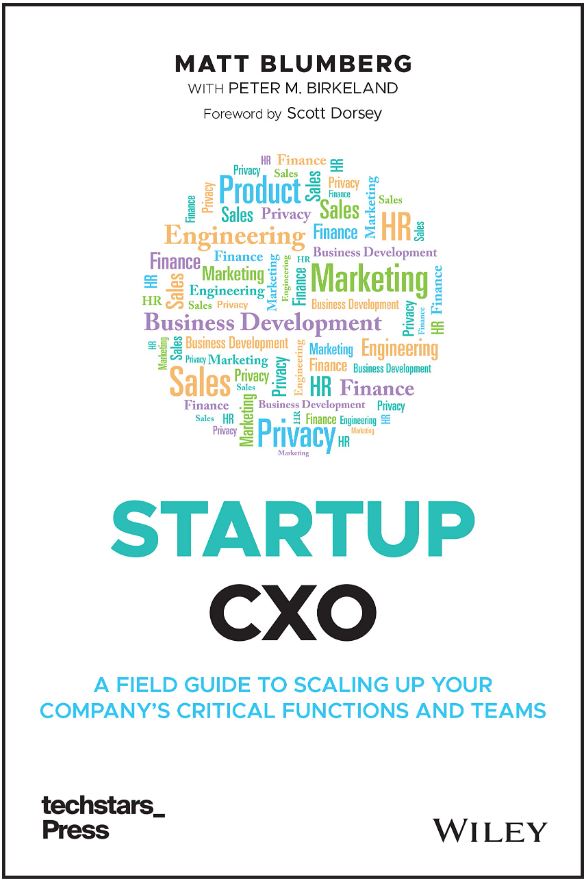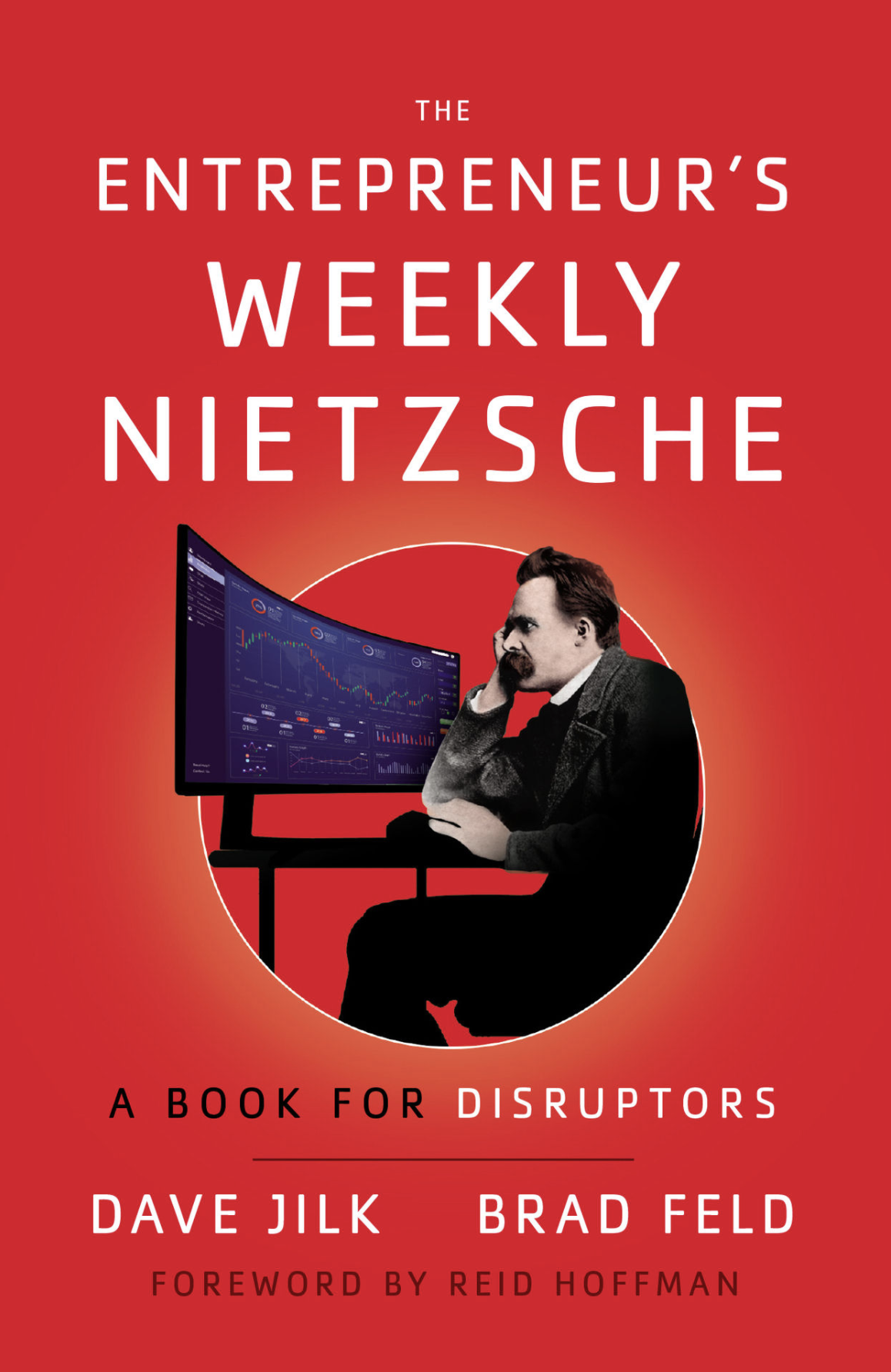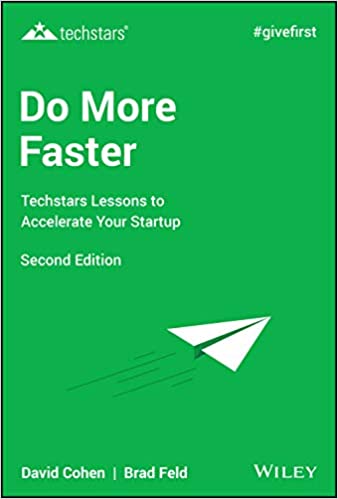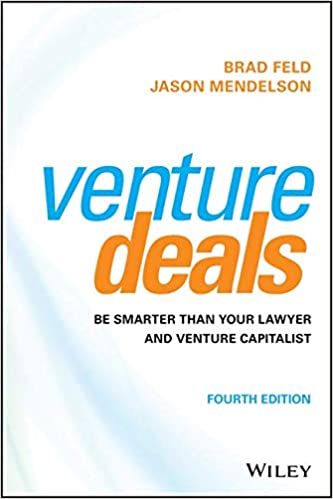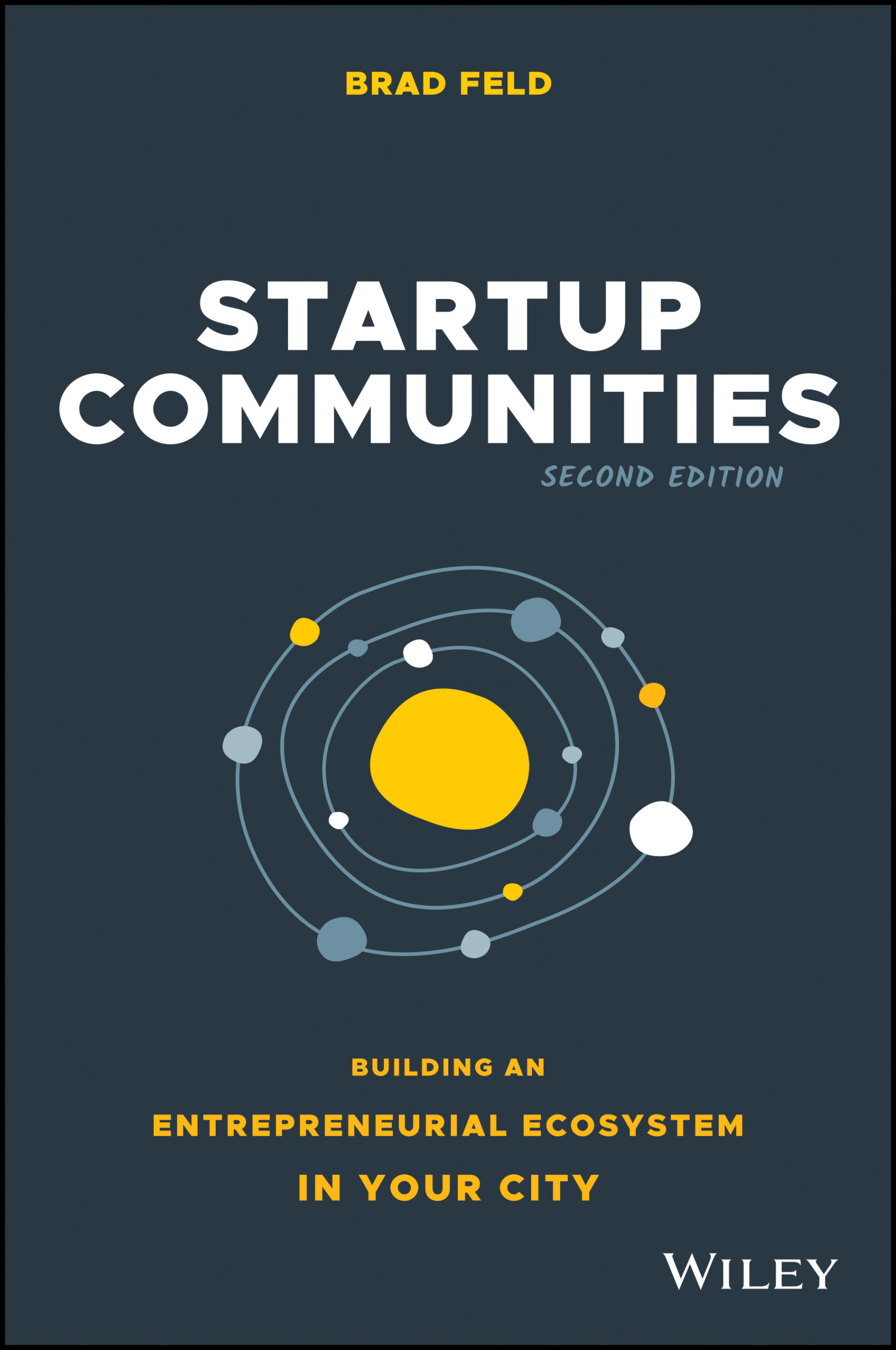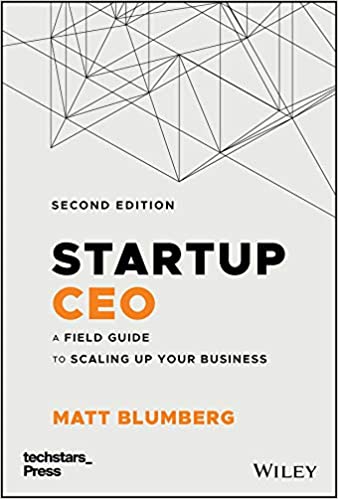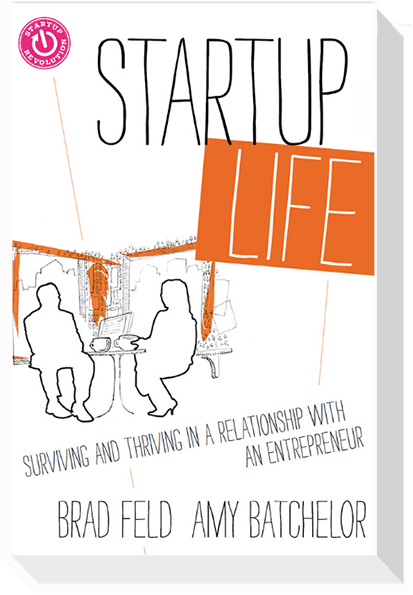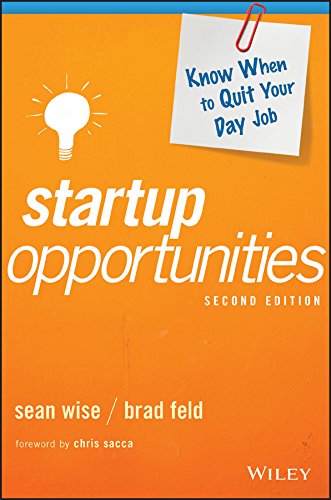Mind Your Elders
Today’s guest post is from Jerry Colonna. Jerry is a long time friend, retired extraordinary VC, and now a CEO coach. Jerry completely groks the notion of mentorship and write a beautiful vignette on it which follows.
I first noticed his eyebrows. Bushy, steel-gray, they danced when he agreed with me.
It was the first of a half a dozen talks I was scheduled to give that week in Ljubljana. This night I was the guest of both the US Embassy in Slovenia and CEED and I was there to speak about the importance of mentoring in the building of startup community. My subtler mission was to convince many in the room to be mentors.
Born in Socialist era, when Slovenia was a part of the Republic of Yugoslavia, most of the 100 or so folks in the room, it seemed from their stony faces and crossed arms, were still a little suspicious of the emphasis on entrepreneurship taking hold in the city.
“They don’t know,” I continued speaking about the young mentees dominating the nascent tech scene. “They don’t know the cost of missed football games, dance recitals, spelling bees, and dinners with the family.”
And I knew I had him. The bushy eyebrows arched so high in vehement agreement that it threw his head back. It then came down in a deep nod. “They don’t know about the dangers of disappearing into the fire.”
Even the stoniest children-of-Socialism-now-captains-of-industry were sitting up.
I moved on. I read to them from an email I’d received in April, after my first visit to the area. In that note, a young entrepreneur spoke not only of the frustration of raising capital–something he understood was a challenge everywhere-but of the alienation and isolation. Growing up in an era of small, flat worlds and in the belief that he could help create the next Google, he was disheartened by the beliefs of the older generation. That group, satisfied with lifetime employment in the Postal Service and a little house in the country, openly criticized the risk tasking, the ambitions, and the desires for something more that is such an intrinsic part of entrepreneurship.
Frustrated by this lack of acceptance, lack of understanding (manifested, for example, in a law only recently passed that forbade anyone who’d lead a business that failed from starting a new business for ten years–the law, thankfully, overturned by the Courts), he was moving to London. After all, he wrote, he wished he’d been Born Somewhere Else.
Finished with the excerpts from the email, the whole room was now sitting up. The young guy could be their son, their grandson. This young man, and the men and women with whom he struggled everyday to create an enterprise out the nothing more than an idea, these people on whom so much of this tiny country’s economic future rests, was leaving.
My thoughts about what makes a startup community grow from a Silicon Valley-wannabe into a vibrant and integral component of local economy aren’t particularly earth shattering or unique. They stem, though, from having had the good fortune of sitting beside people like Fred Wilson and the dozens of others who helped grow this community in NY into something expansive and exciting.
Put simply, the entrepreneurial ecosystem needs seven things:
- Opportunities
- Entrepreneurs
- Staff
- Government Support
- Universities
- Local Capital
- Elders
It needs the entrepreneurs, staff and opportunities to create interesting companies. It needs the support of government (or, at a minimum, the non-interference of government where crazy laws that criminalize risk-taking are not the norm), universities, and local capital.
But, most of all, it needs Elders. That is, Mentors, coaches, Angel Investors; people who can serve informally and formally as guides. Their roles vary…from providing the seed capital to germinate ideas to providing a steadying, calm demeanor making the roller coaster of the startup experience just slightly easier to bear. “An Elder,” I say in my talks on the subject, “isn’t merely someone with grayer hair. It can be the CEO of the company next door who is two months ahead of you in their fundraising process. It can be the CTO of that failed company whom you bring in not just for their technical capability but for their experience in having lived through a failure and knowing that there’s life after failure.”
Elders come in all forms.
The day after my talk on mentoring, I ran a miniature version of my Disappearing into the Fire Workshop. The room was filled with 150 entrepreneurs, each at varying stages in their journey. And one man stood out. To my right, the bushy eye browed grandfather–a local professor of business as it turned out–sat erect and grinning. In my mind, he’d come to personify the Elder and I was thrilled he was there.
Later, at the break, I made my way to him. Gripping his strong weathered hands, I asked if he was enjoying the talks. Yes, yes, he said, he very much understood the need for mentoring and was happy to help. But then he leaned in close to me, whispering into my ear, “But really I’m here to learn because I have this idea. I know it can be the next Google.”

